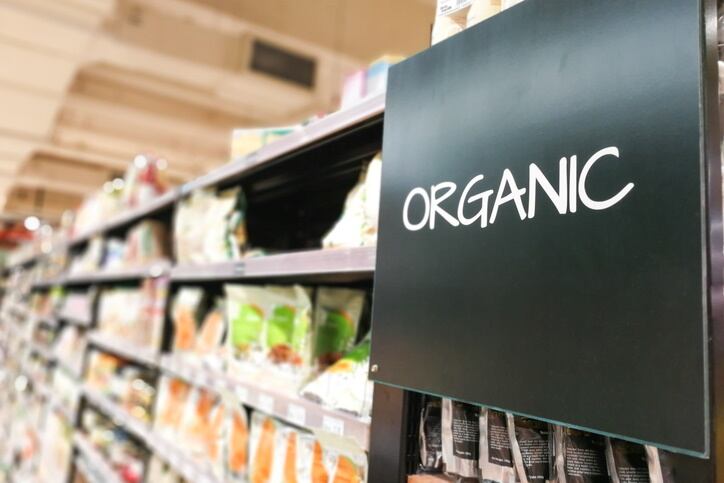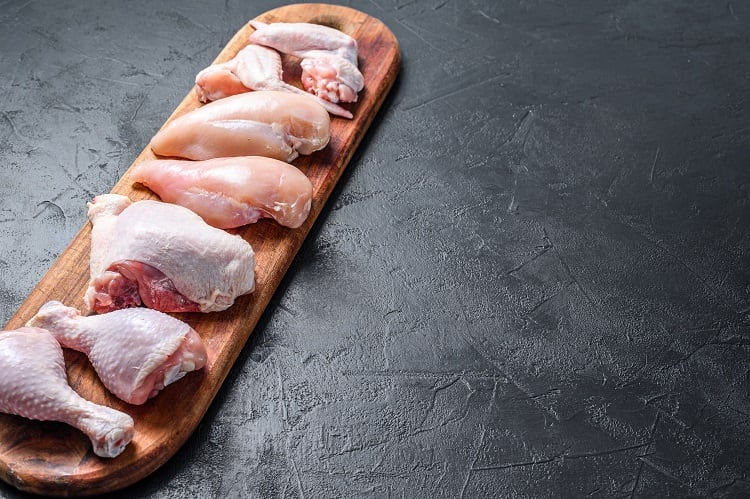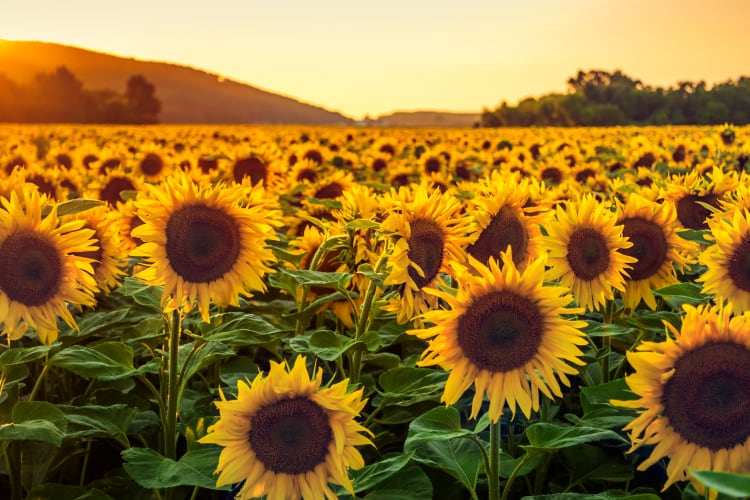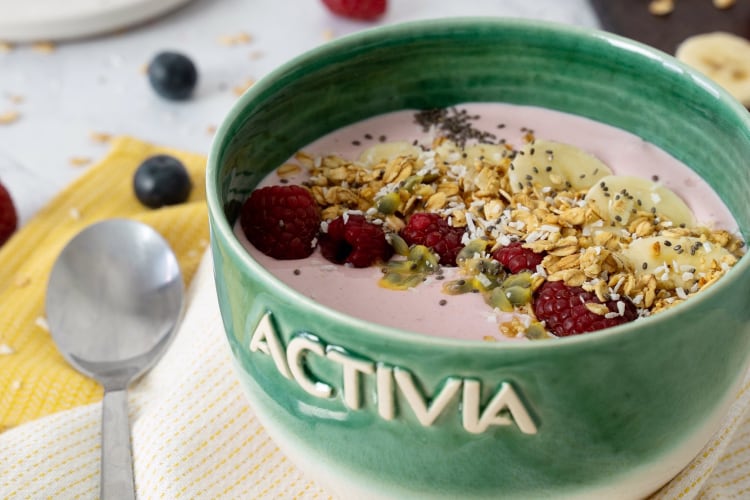In line with the growing demand for products derived from natural substances and processes, the EU organic sector increased by 70% in the last ten years. Data from the European Commission shows organic retail sales reached EUR34bn in 2017.
This trend is not about to stop, as the proposals for the future CAP and the Farm to Fork strategy both strive to stimulate organic farming within the EU. The Commission has set a target of having 25% of EU agricultural land under organic farming by 2030.
These ambitious goals coincide with the entry into application of a new set of EU rules for organic production, at the beginning of next year. This new legislation does not really revolutionise the current legal framework, but consolidates rules applying to organic products, while making certain significant improvements.
History of EU organic regulation: An evolution towards higher standards
Organic production is an overall system of farm management and food production that combines best environmental practices, the preservation of natural resources and the application of high animal welfare standards and high production standards, according to Recital 1 of the New Organic Regulation (EU) No 2018/848.
But how European lawmakers define organic has evolved over a number of years. Organic farming was first subject to an EU regulation in 1991, by Council Regulation (EEC) No 2092/91. At that time, organic rules only applied to unprocessed agricultural crop products and foodstuffs composed of ingredients of plant origin.
Since 1999, this Regulation also includes animals and unprocessed animal products and food containing ingredients of animal origin within its scope of application.
In 2009, the original Organic Regulation was repealed and replaced by the current Council Regulation (EC) No 834/2007 on organic production and labelling or organic products, completed by two implementing acts of the Commission: Commission Regulation (EC) No 889/2008 laying down detailed rules on organic production, labelling and control and Commission Regulation (EC) No 1235/2008 laying down detailed rules regarding the arrangements for imports of organic products from third countries.
And now the European organic sector is preparing for the introduction of another update.
The new Regulation (EU) 2018/848 on organic production and labelling of organic products was adopted in spring 2018 and should have entered into force in January 2021. However, a number of delegated and implementing acts, supposed to complete this new framework, were not ready on time, mostly because of the numerous topics they must specify and the high degree of detail needed. In addition, adoption of this secondary legislation requires a long consultation process with Member States and stakeholders, which had been slowed down by the COVID crisis in 2020. Operators also need time to adapt to these new rules – even though where changes, compared to the actual rules, will be made, transitional measures should be included.
To date, having been postponed by one year, this new legal framework is expected to enter into force in 1 January 2022.
Changes introduced by the New Organic Regulation
The main goals of this new set of rules are to ensure fair competition for farmers whilst preventing fraud and maintaining consumer trust in organic products.
General objectives and principles of organic production remain the same overall, with, for instance, promoting high animal welfare standards, contribution to a high level of biodiversity or restriction of the use of external inputs. Contribution of organic production to the protection of the climate, in addition to the environment, is now explicitly included in the legislation, as well as encouraging short distribution channels and local production.
The link between the soil and the agricultural production is reinforced. For instance, while hydroponic production continues being prohibited, the derogation applicable to ‘demarcated beds’, traditionally used in some Scandinavian Member States, will be progressively phased out.
For livestock farming, a higher amount of feed should come from the farmer’s own holding itself or from the same region.
The derogation to use of non-organic plant reproductive materials will no longer apply from January 2036, it is revealed in Annex II of the New Organic Regulation. In order to foster genetic resources adapted to the special conditions of organic production, the new regulation introduces the possibility for farmers to use plant reproductive material obtained from their own farms, as well as using plant reproductive material of organic heterogenous material. The latter will be marketable without complying with the requirements for registration in plant variety catalogues, as a mere notification will be sufficient.
The organic control system will be in line with the new Regulation on Official Controls, with additional provisions for organic production. The annual physical inspection will be based on a risk-based assessment and will not be mandatory for all operators anymore: low-risk farms or facilities can be inspected every 24 months only.
Finally, some important changes will impact imports of organic products, since producers in third countries will have to comply with the same set of rules as those producing in the EU. Some slight stringent rules have been adopted in relation to the production of processed food.
We will examine these two issues in greater depth in future articles.




